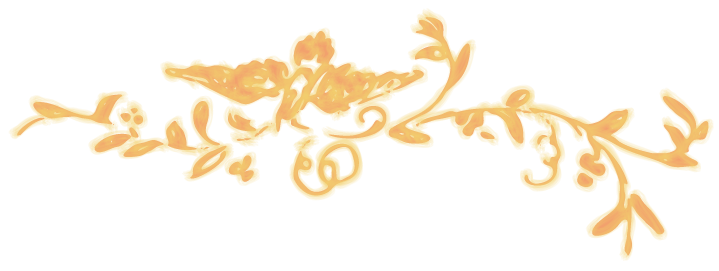Transcendentalism

Mary Moody Emerson and CCB
Support of Transcendentalists for GSB poetry
While I am not yet certain if this was written by George or William Burleigh, it reflects the attempted blending of Christianity and Transcendentalism that many nineteenth-century liberals in the United States attempted. There is the sense of eternity being a place of judgment, but now it is non-Calvinist, a destiny that we can control. Vibrations echo from their start through eternity.
SOLEMN THOUGHT.
"We see not, in the life, the end of human actions. Their influence never dies. In ever widening circles it reaches beyond the grave. Death removes us from this to an eternal world—Time determines what shall be our condition oin that world. Every morning when we go forth, we lay the mouldering hand on our destiny, and every evening when we have done, we have left a deathless impress upon our character. We touch not a wire but vibrates in eternity. Not a voice but reports at the throne of God.—Let youth especially, thinki of these things, and let every one remember, that in this this world...it is a serious thing to think, to speak, to act."
The Charter Oak, New Siers 2:13:1 (April 1, 1847).
George is sometimes classed as a Transcendentalist, and this might well be a fitting designation for him at some moments in his output, specifically when he was at his height as a thinker, activist and author, in the mid-1840s to the mid-1850s. The example below, a poem entitled "Primal Music," suggests a universalism beyond the limits of Christianity, and a sanctity of every day life, as well as the self-sufficiency that the movement championed.
In his "Journal of the Little Things of Life," Cyrus M. Burleigh writes of the end of summer in ways that echo Emerson's famous paeans to Nature in all of her various guises. Yet the activist in him brings the discussion back to injustices.
Entry of August 31, 1844, from Rhode Island. In "Journal of the Little Things of Life," held by the Historical Society of Pennsylvania. This is a rough transcription


